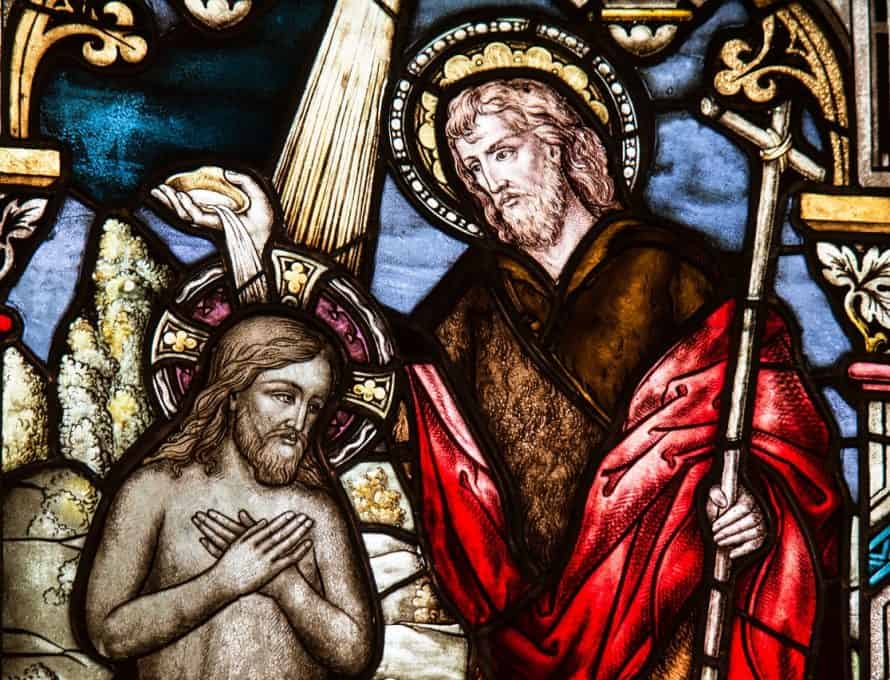The Church of Jesus Christ of Latter-day Saints teaches that baptism is essential to salvation. Since many people have died without being baptized, or because they were baptized outside the LDS Church, they cannot obtain exaltation, or godhood.
However, “Because God is merciful, He has prepared a way for all people to receive the blessings of baptism,” according to the church’s official website. “By performing proxy baptisms in behalf of those who have died, Church members offer these blessings to deceased ancestors. Individuals can then choose to accept or reject what has been done in their behalf.”
The LDS Church cites Jesus as its primary source for the necessity of baptism (John 3:5), and posits that “baptisms for the dead were done during the Apostle Paul’s time (1 Cor. 15:29). This practice has been restored with the establishment of the Church of Jesus Christ of Latter-day Saints. The Prophet Joseph Smith first taught about the ordinance of baptism for the dead during a funeral sermon in August 1840.”
No doubt, Paul’s statement about baptism for the dead has been widely misunderstood – and much abused. In his teaching on the resurrection, Paul inserts the statement, “Otherwise, what do people mean by being baptized on behalf of the dead? If the dead are not raised at all, why are people being baptized on their behalf?” (1 Cor. 15:29 ESV).
A difficult passage
By one estimate, interpreters have supplied more than 40 possible explanations for this difficult passage.
For example, some interpreters think Paul is referring to vicarious baptism on behalf of deceased people, probably those who believed in Christ but died before having the opportunity to be baptized (for example, the thief on the cross; Luke 23:43).
Others say that by “the dead,” Paul means the bodies of living believers, which are subject to death and decay. Therefore, in baptism they proclaim the hope of their future resurrection.
Still others argue that Paul is simply noting, not endorsing, a practice taking place in his day. In doing so, he makes the point that baptism for the dead, while futile, at least points to the hope of future resurrection.
But there may be a simpler explanation that better matches Paul’s readers in first century Corinth, according to Kenneth E. Bailey in Paul Through Mediterranean Eyes: Cultural Studies in 1 Corinthians.
Here it is: The death of Christians often leads to the conversion of survivors, who profess faith in Christ and follow in believer’s baptism, knowing they will be reunited with their departed loved ones in the resurrection.
Bailey cites several commentators who hold this view.
G.G. Findlay writes that Paul is referring to a common experience where “the death of Christians leads to the conversion of survivors, who in the first instance ‘for the sake of the dead’ (their beloved dead), and in the hope of reunion, turn to Christ – e.g., when a dying mother wins her son by appeal, ‘Meet me in heaven!’”
Joachim Jeremias notes, “Take, for instance, a case in which a young woman belonging to the church, and engaged to be married, died, and whose heathen bridegroom had himself baptized ‘for her sake’ – that is, in order to be united with her in the resurrection. This interpretation fits excellently into the context of the apologetic reflections of 1 Cor. 15:12-19…. The apostle had said in v. 18 that if Christ were not risen ‘they who are fallen asleep in Christ are perished.’ Now he adds that the same is true of their Gentile kinsmen (husbands, wives, lovers), who had themselves baptized in order to be united with them in the resurrection.”
Anthony Thistelton further writes, “Baptism for the sake of the dead refers to the decision of a person or persons to ask for, and to receive, baptism as a result of the desire to be united with their believing relatives who have died. This presupposes that they would share the radiant confidence that they would meet again in and through Christ at the resurrection of the dead.”
No doubt, a sure understanding of Paul’s words in 1 Cor. 15:29 continues to be debated. But Scripture makes one thing is clear: No one may obtain salvation for another through baptism, or through any other act, no matter how sincerely it is performed.
Joseph Smith’s 1840 funeral sermon should be given a proper burial.

